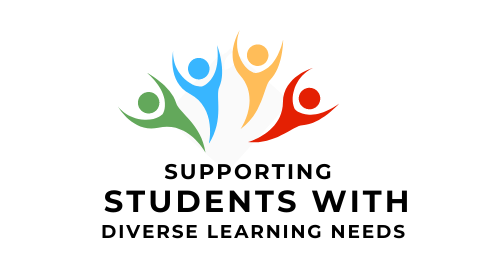
Self-disclosure
In the post-secondary environment, students only need to disclose their disability if they are seeking accommodation or other supports for disability-related reasons. As a result, not all students with disabilities will disclose that they have a disability at university or college. Some students may wait to disclose until they experience difficulties where supports or accommodations may help them with their learning or assessment.
Confidentiality
When you are dealing with a student who has a disability, medical information will need to be gathered in the course of the accommodation process. Medical information is one of the most sensitive forms of personal information, and the institution has a legal obligation to maintain the confidentiality of a student’s disability-related information. Disability Services Office is only permitted to release the level of information required to implement a student’s accommodations, and only when the student has given permission to do so. As a result, in most cases Disability Services will provide information about the functional impacts of a student’s disability. However, documentation of their disability and the diagnosis remain confidential to instructors. The reason that instructors do not need to know the details of a student’s medical condition is due to the fact that students with the same diagnosis experience a wide range of functional impacts that are unique to them. Thus, knowing a student’s diagnosis is not helpful when working with the student. These guidelines are in place to ensure that students’ private information is respected and released only when necessary.
Students accessing accommodations from Disability Services are informed of the boundaries of confidentiality among institution personnel. If they wish to share additional information with their instructors and staff, that is their choice, but instructors should not ask students for details of their diagnosis or for a copy of their documentation. Questions and concerns regarding particulars of a student’s disability should be directed to the Disability Service Advisor first.
How to Maintain Confidentiality
- Ensure that discussions regarding disability-related accommodations take place in a private setting and are handled with discretion if in public
- Refrain from discussing the student’s disability in front of the class, or in group settings
- Avoid asking questions about the nature or cause of a student’s disability
- Recognize that some students may not identify if they are uncomfortable in discussing their disability
- Ask the student in what ways you can help them to be successful in your class, or ask if certain approaches would be helpful
Documentation of Disability
All students accessing disability accommodation and supports are required to provide documentation of their disability outlining the diagnosis, functional impacts of their disability or medical condition in an academic environment, the severity of these impacts, and whether it is likely to change. In many cases, suggested supports or accommodations may also be included for consideration.
Documentation is provided by an appropriate medical professional with the qualification to diagnose and assess the student’s particular disability. These professionals can include medical doctors and specialists, psychologists and psychiatrists, and in some cases rehabilitations specialists such as occupational therapists and physiotherapists.
Determination of Reasonable Accommodation: A Partnership
Determining reasonable academic accommodations for students with disabilities is a partnership between the Disability Services Advisor, the student, and their instructors.
Each party brings important information and considerations to the table.
- Disability Services is responsible for determining the range of potential accommodations that would be appropriate given the functional impacts of the student’s disability. These decisions are based on the documentation of disability provided by the student and on Disability Services’ professional knowledge and experience.
- The student is the person who is most clearly able to know what accommodations and supports are likely to be helpful to them. Disability Services will discuss options with the student. They may try using certain combinations of accommodations which may be adjusted with experience. Some will prove helpful while others will not, as each individual, their learning style, and circumstances differ.
- The student’s instructors are responsible for reviewing the recommended accommodations and informing Disability Services if any of the accommodations will compromise the essential learning outcomes of the course, or would not be appropriate for other reasons such as safety.
Importance of On-going Communication and Collaboration
Students and faculty are encouraged to work together throughout the term and to proactively access supports and advice from the Disability Services office, either together or individually, depending on whether or not barriers are identified or if the student is struggling in the course. Often one party will recognize that there is a challenge at hand while others will not yet be aware, making a proactive approach essential for maintaining a successful experience.
This ongoing communication helps to ensure that accommodations are adjusted when needed and that challenges or problems are addressed proactively. Together this can make a big difference in students’ ability to capitalize on their learning experience and to succeed in reaching their goals.
Who to Contact
Disability Services is your main point of contact regarding concerns or questions around accommodating students with disabilities in general or in a particular student’s situation. They are very happy to answer questions, discuss situations, or point you to additional resources if you would like to learn more.
